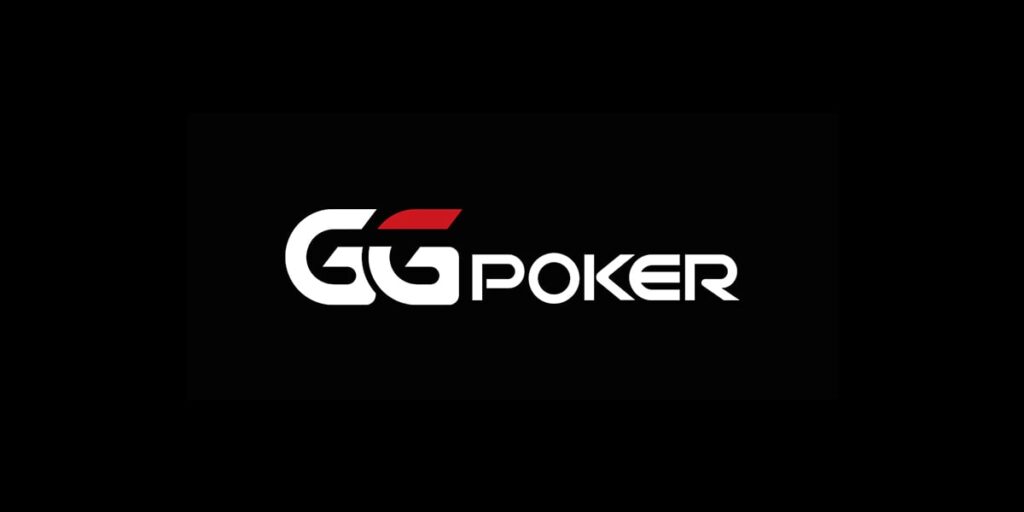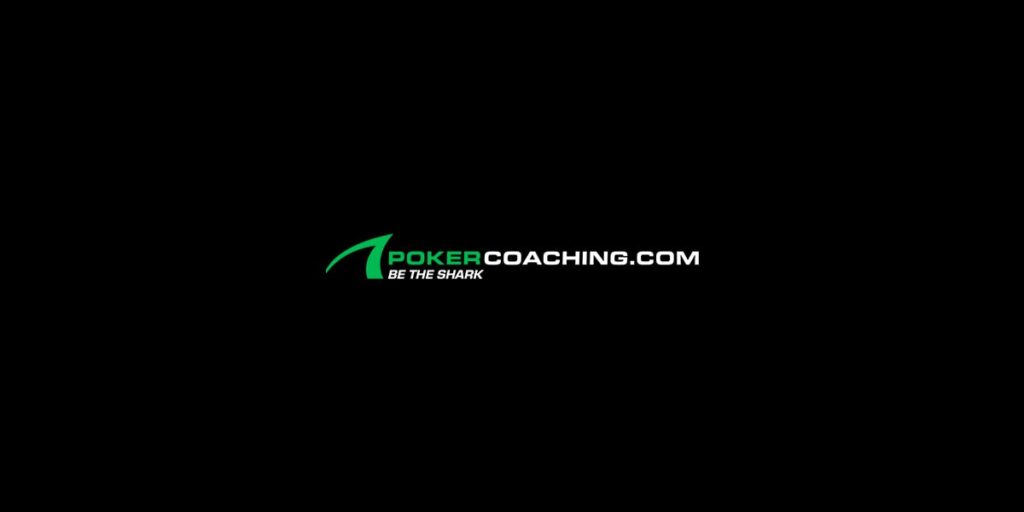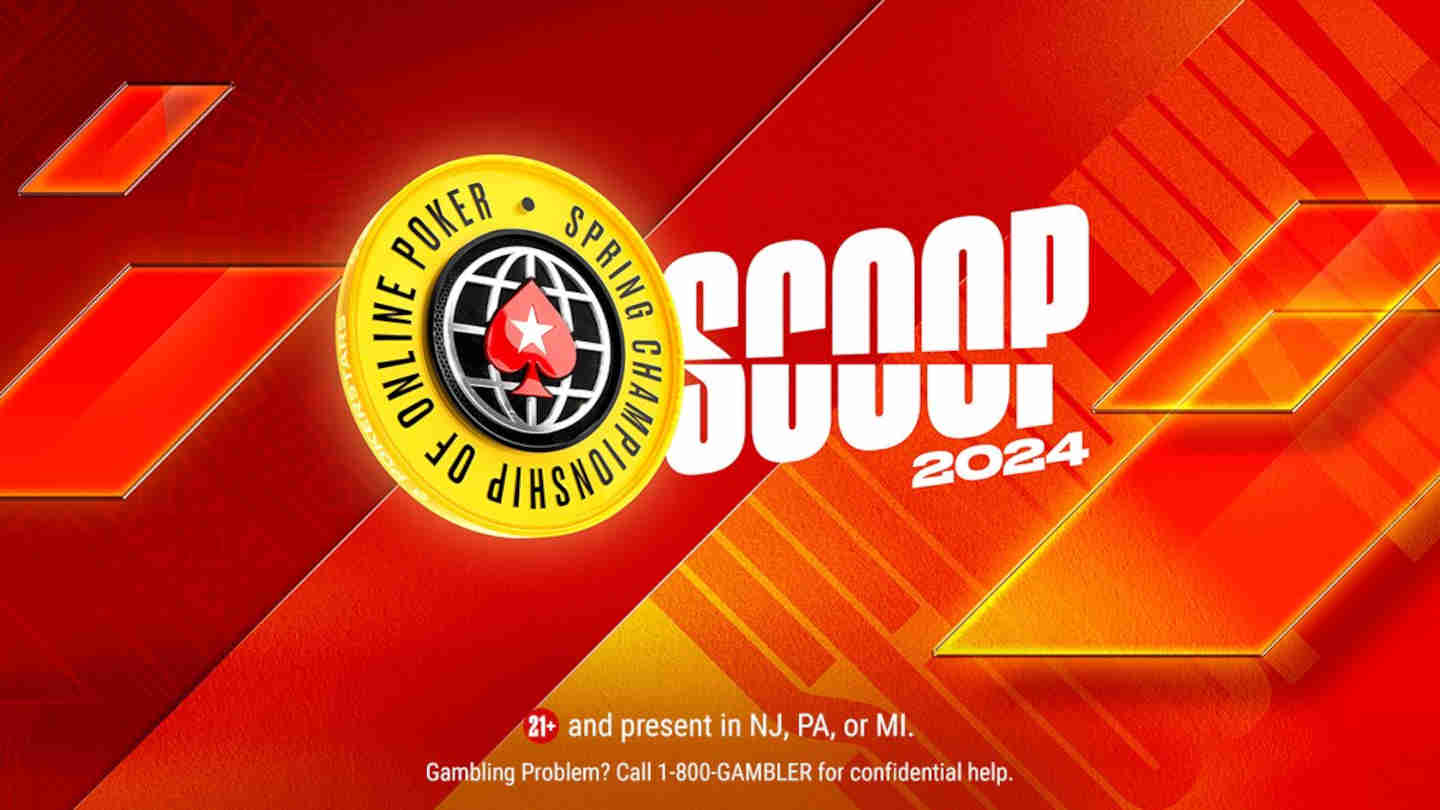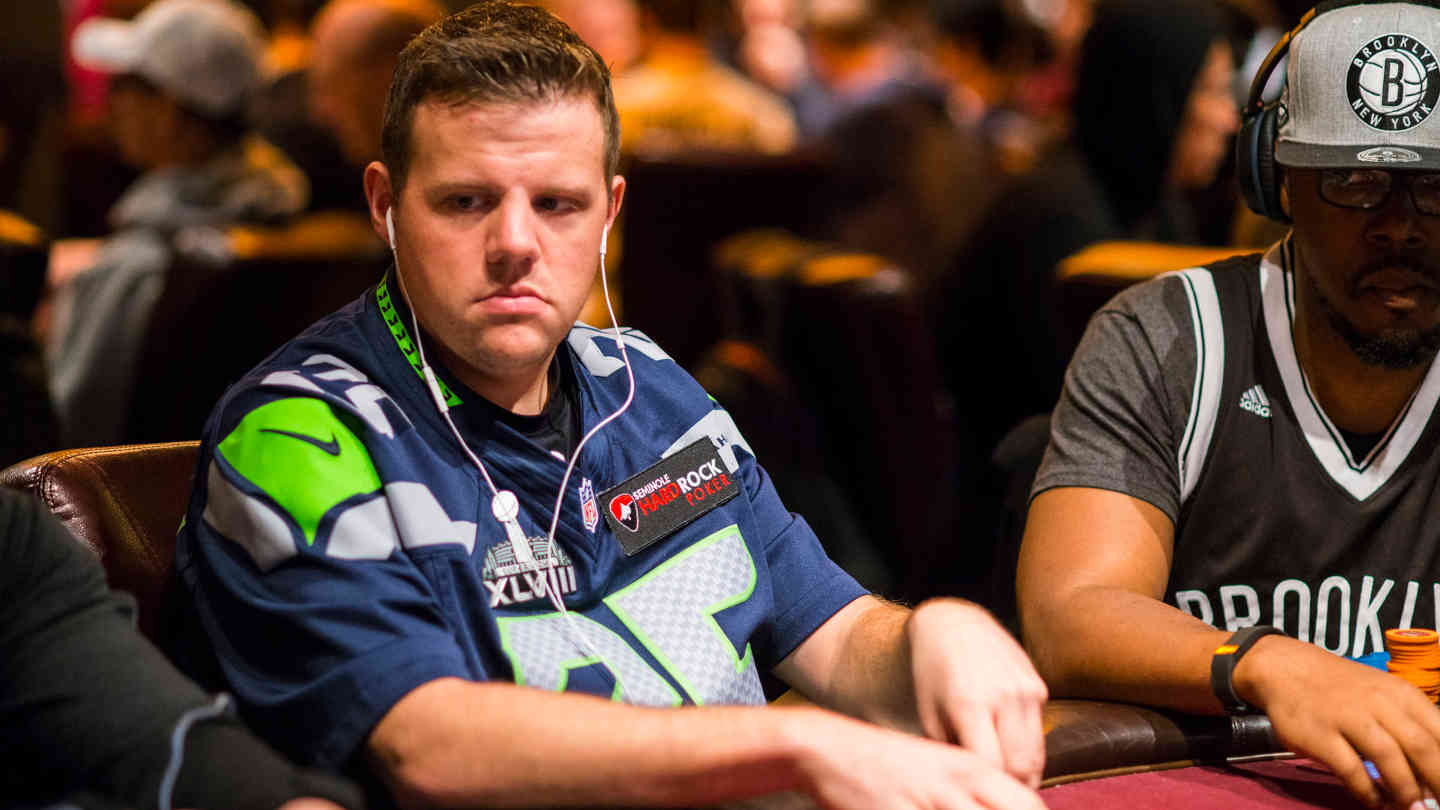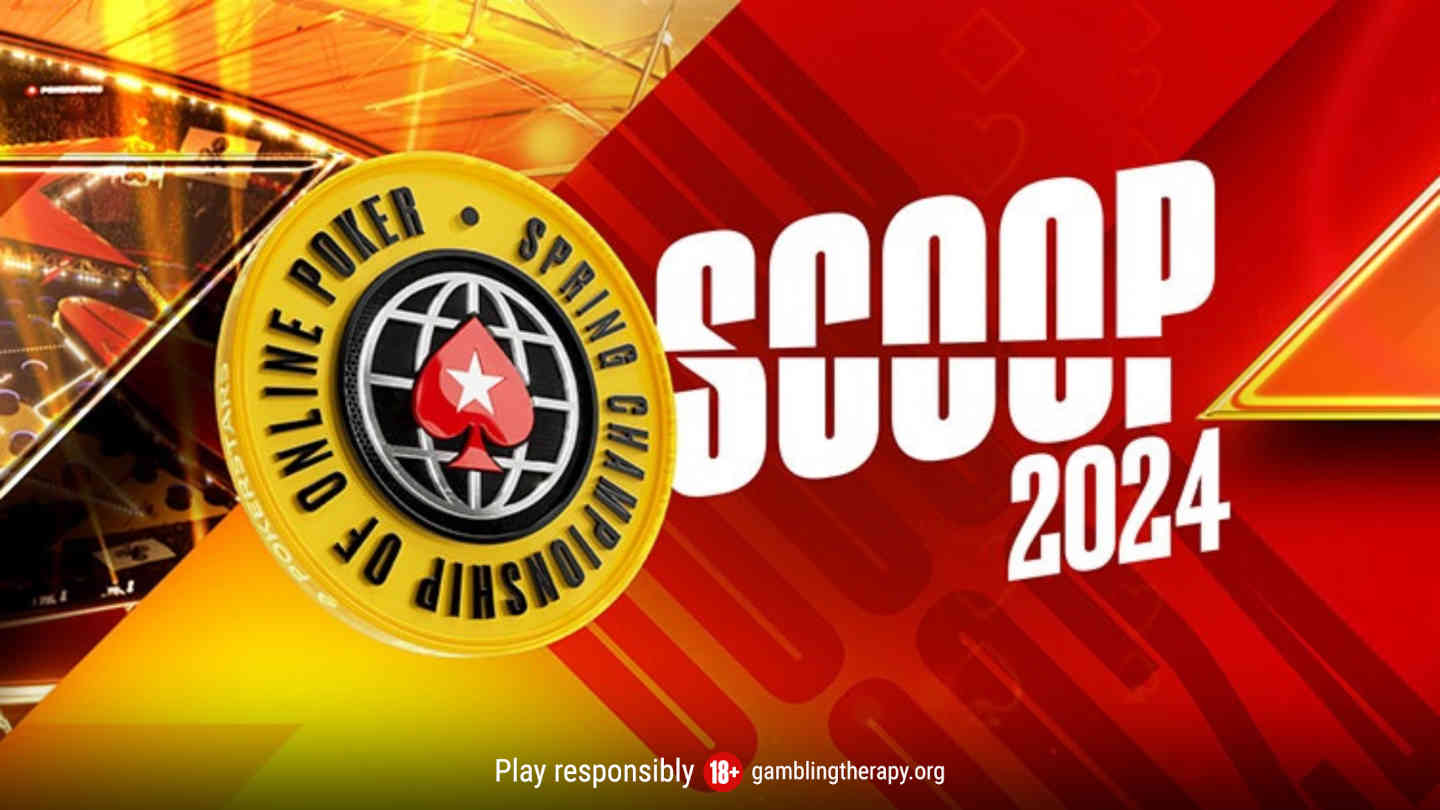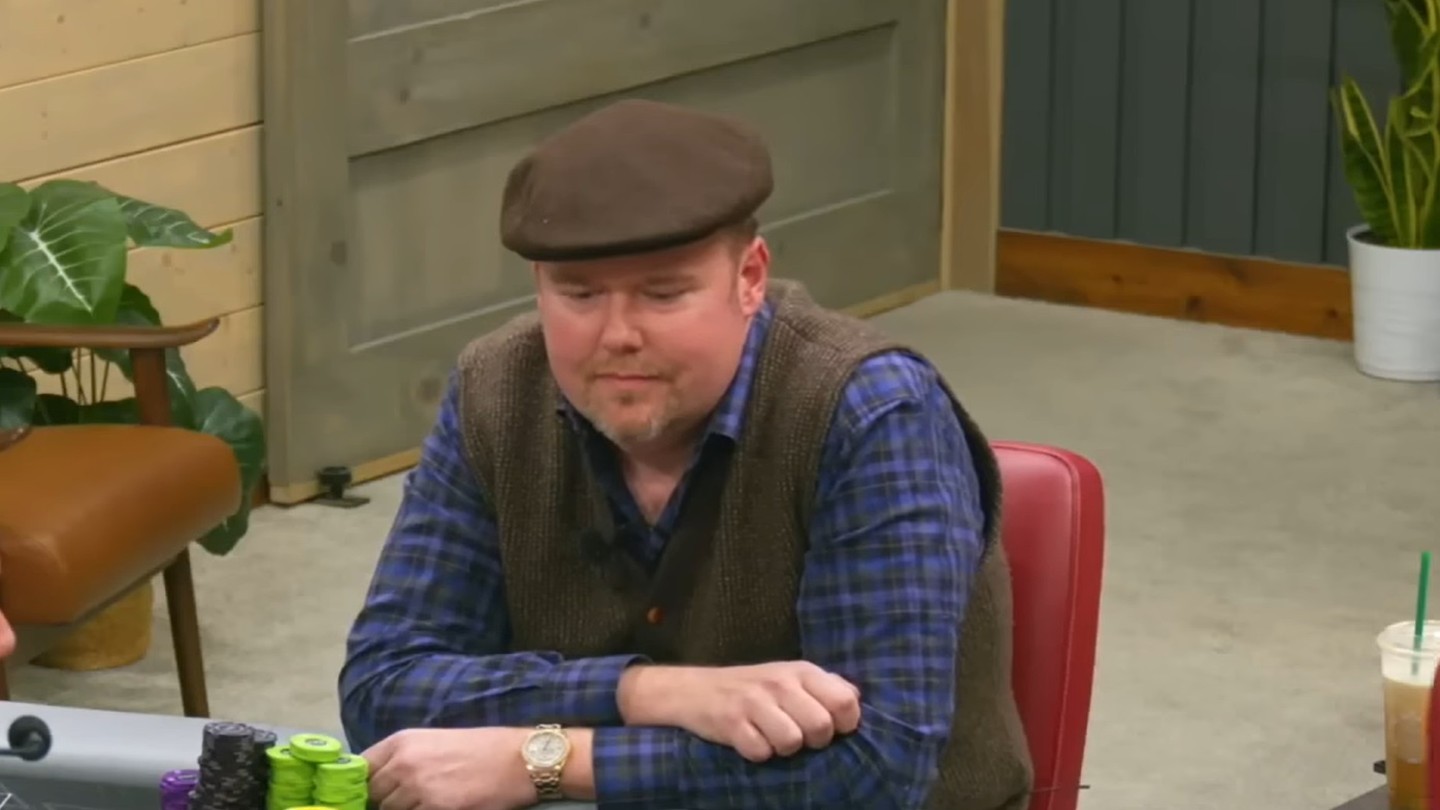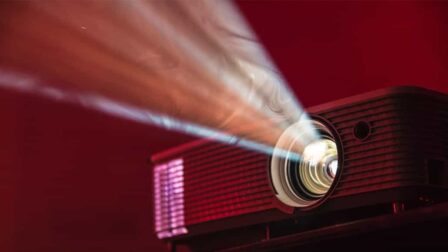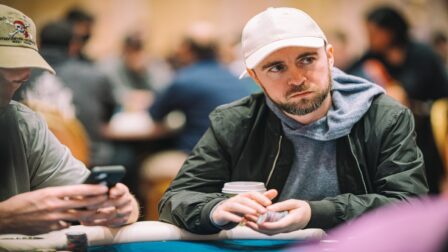What Is Angle Shooting In Poker – How To Avoid Common Mistakes
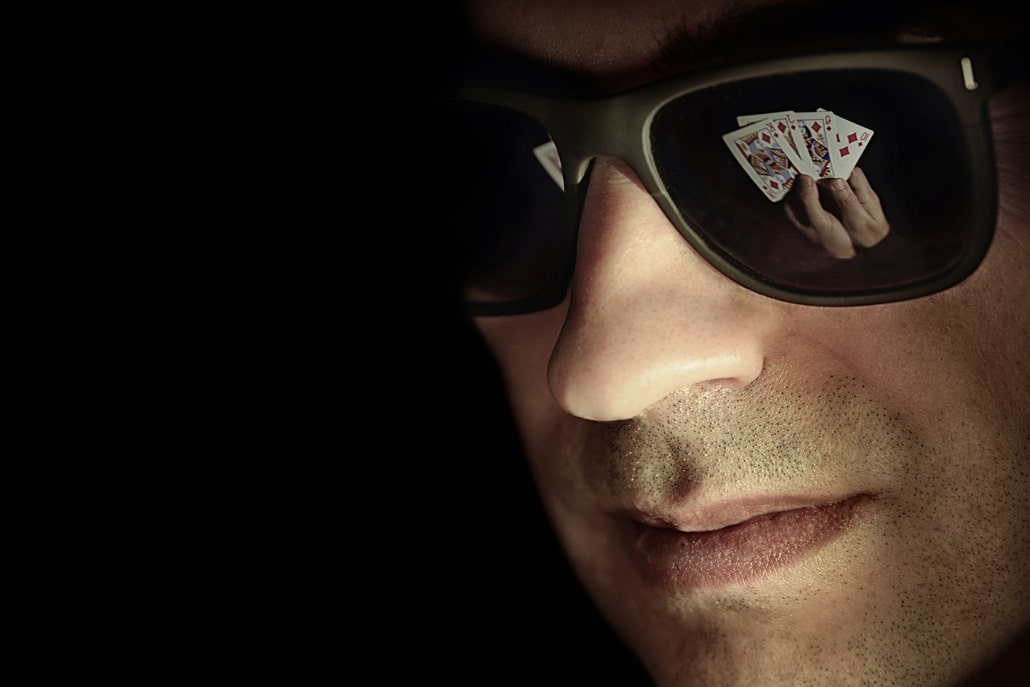
10 minutes
Last Updated: March 19, 2024
What Is Angle Shooting In Poker – How To Avoid Common Mistakes
Image from Pixabay
While everyone is always looking to gain an edge over the competition, angle shooting in poker has always been frown upon by the community. While technically not cheating, many angle shooting strategies are walking the fine line between what’s allowed by the poker rules and what’s not.
In the simplest of terms, angle shooting means performing any action that will give you an unfair advantage over your opponents.
In this article, I’ll discuss different things that belong under this heading. I’ll also talk about why you should avoid it even if it can give you a short-term advantage and how to protect yourself from angle shooters.
What Is Angle Shooting in Poker?
As stated, the goal of poker angle shooting is to provide you with a type of advantage you couldn’t obtain by simply playing a game. Some types of advantages you could get from it include:
- Assessing your opponent’s strength
- Winning more or losing less money
- Fooling your opponent to get a favorable result
The reason why angle shooting is so hated among fair players of the game is because it is not technically breaking the rules.
If you were marking cards, for example, or stealing chips from other players, you’d be quickly removed from the card room. Angle shooters, however, are usually smart enough to stay within actual rules.
So, technically, they aren’t doing anything wrong, or their infractions aren’t serious enough to get them removed from the table. But these actions go against the spirit of the game and can ruin the experience for everyone and, of course, can cause people to lose money to those who have no issues with walking that fine line.
Top 4 Examples of Poker Angle Shooting in Live Games
Angle shooting is much more present in live games simply because there are more available options. If you’ve been playing live for some time, you must’ve come across at least some of these examples. If you’re new to the game, be very observant of this type of behavior.
-
- Fake folding. In live games, people will often try to gauge your reaction by making a move that suggests they’re about to fold their poker hands. However, depending on the house rules, they might be able to make these suggestive moves without actually being forced to fold. Be very careful about this poker angle shoot as if they do it and you muck your cards thinking they’re folding, your hand will be declared dead, and you’ll lose the pot.
- The ambiguous check. You’ll often have a player at your table whose hands never rest. Often, the dealer might interpret one of his moves as a check and move on to the next player. If this person is an angle shooter, they’ll usually give it a bit of time to see what others do, and then they’ll turn to the dealer, insisting their move wasn’t meant to indicate a check at all.
- The false raise. Some players for their angle poker shoot can even use house rules to their advantage. In some casinos, if you make no verbal declaration, you will be only allowed to raise if you put double the amount of the original bet. So, a player can put forth a bunch of chips, trying to make you think they are raising, which can cause you to fold. If you don’t, however, once the dealer counts the chips, they’ll realize the amount isn’t enough to constitute the raise. The best way to protect against this one is always to react only once the dealer announces the action, especially against someone who’s been known to do this.
- The verbal miss-declaration. An angle shooter might verbally announce a strong hand before turning his or her cards over or at the same time as doing it. If you aren’t careful and trust them, you might much your cards thinking you are beaten. If you do, your hand is dead, and they win the pot even if their tabled cards don’t make the hand they declared. Some casinos actually put this under a cheating bracket and won’t allow it to happen repeatedly, but even once or twice can hurt quite a bit.
Other Live Poker Angle Shooting Techniques
While the four examples above are some of the biggest things to be aware of, there are also other possible angle poker shoots that you should be aware of.
- Hiding big denomination chips. Sometimes, players do this without premeditation, and sometimes they do it to dupe you into thinking they have fewer poker chips than they actually have. There is a rather famous video about this particular situation involving a well-known pro, and it’s up to you to decide if this was an honest mistake or something more sinister.
-
- Acting out of turn to confuse other players. For example, a player can bet out first on the flop or the turn, although there are two players to act before them, creating a confusing situation. When this happens, though, stay calm and ask what the exact house rule is before doing anything. Often, the angle shooter will shoot themselves in the foot.
- I haven’t looked at my hand. This one is somewhat borderline as you should never really believe this unless you’re up against someone you know well and are certain they aren’t trying to shoot an angle. Otherwise, always assume they looked because they probably looked.
- Pushing chips forward in a way that indicates a call or a raise. This is also a common angle poker shoot you’ll find in live games. Players will cut out calling or raising chips and push them forward slightly, but not over the line (where the line exists) to gauge the reaction. Again, some casinos will count any forward motion as binding, but where this isn’t the rule, so be aware of this possibility.
Angle Shooting in Online Poker
Although the number of people playing online poker is probably bigger than the number of live players, you won’t have to deal with too many poker angle shoots on the internet.
This is because most poker clients are built in a way to prevent this type of stuff from happening. Once you click the button, your action is accepted, and that’s it. On top of that, you have a number of valuable poker tools that can help you deal with other players.
However, there are still a couple of possible angle shoots, such as:
- Abusing disconnect protection. Some poker rooms will protect players from losing a hand due to connectivity problems. If you get disconnected in the middle of a hand, your hand will still go to a showdown, and you’ll get to play for your share of the pot. Angle shooters can use this and disconnect on purpose to get to a showdown without having to put in any more money.
- Using chat to give false information. You could type all sorts of stuff in the chat to try and get an advantage. Since there is no dealer or manager to stop this behavior immediately, angle shooters will use this to their advantage, talking about their hand, what they’re going to do when the action comes to them, etc. Since none of this is binding, simply disregard everything that’s written in a chat and act as if it doesn’t exist.
Dealing with Angle Shooting in Poker
Since most of these are technically not cheating, the poker room won’t be able to do anything about it. So, the players have to do their best to ensure there are as little angle shooting as possible going on in their games.
The first thing you should do when you see someone pulling something that looks like an angle is to warn them. Sometimes, it is just a genuine mistake, and they’ll apologize and make sure not to do it in the future.
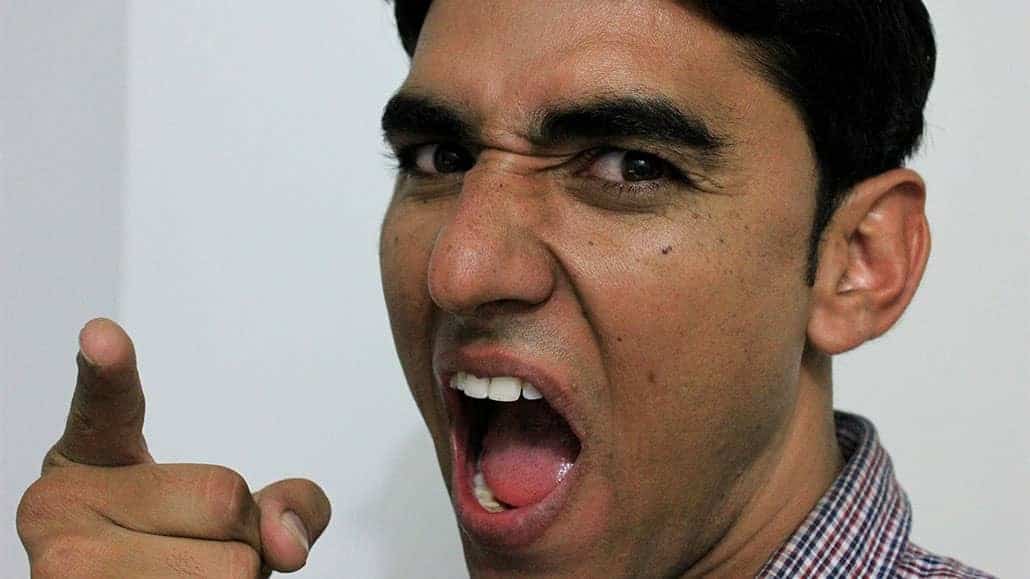
When this is the case, there is no reason to make too much drama about it. After all, not everyone is an experienced player who knows all the ins and outs. Give people a chance to learn.
If they don’t understand why what they did was wrong, make sure to explain it to them. Again, for someone new to poker, it may seem perfectly fine to keep their chips all mixed up the way they maybe do in their home games.
Of course, some people are actual angle shooters, and they know what they’re doing is wrong. They just don’t care. In this case, you should:
- Make sure to warn other players at the table (i.e. this guy always hides his big chips or they will often miss-declare their hand at a showdown).
- Warn the dealer as well so that they pay extra attention.
- If the situation gets out of hand, ask for the floor and insist they do something. Even if someone is not technically breaking the rules, they can’t be allowed to behave in a way that causes other players to leave or even breaking the game.
Questionable Behaviors You Just Might Get Away With
A majority of this article focused on situations that constitute a clear poker angle shooting. However, some behaviors aren’t as clear cut. Some of these “strategies” can be and often are used by the player without much backlash in Texas Holdem and other poker games. These are some examples.
-
- Berating your opponent. While you’re not allowed to be very rude or insulting, you’re usually allowed to berate other players to some extent. It is designed to make them feel uncomfortable and make mistakes against you, and most casinos and players will let you get away with it as long as you know where the line is.
- Cutting out calling chips. When you’re facing a river decision and are between calling and folding, it’s fine to cut out the call amount and play with your chips. As long as you don’t push any of the stacks forward, this is perfectly acceptable and can help you get some information if you pay attention, or your opponent isn’t too experienced.
- Showing your hand to gauge reaction. Some casinos will let you show your hand in a heads up pot if you’re the last to act on the river. In fact, in some casinos, you can show your hand whenever you like in cash games (never in tournaments, though). If you know you’re not raising, you can use this strategy to try and get a bit of extra information from your opponent’s reaction.
- Taking your time to act. While slowing the game down isn’t always in your best interest, this can be a viable strategy if there is a player at your table who’ll be annoyed by this and start to play recklessly. However, this will probably annoy everyone and could cause others to quit as well, so be careful with this one.
- Hollywooding. You’re allowed to act at a poker table. As long as you don’t break the rules, you can do whatever you feel is necessary to dupe your opponents, such as rolling your eyes, giving away fake tells, display your discontent with the community card, etc. This is especially true for heads up pots where you have a lot of freedom to do some quality acting and hope the other player doesn’t see right through it.
Conclusion: Do Not Be A Poker Angle Shooting Player
If you’ve been wondering what is angle shooting in poker and how it works, now you have your answers. You should also understand what the big deal about it is and why you should try to avoid it at all costs.
While utilizing angle poker shoot strategies described here can help you win a few more pots or get out of tough spots, it will earn you a bad reputation in your local community.
While you might think you don’t care about it, it’s just not worth it in the long run. You don’t want to be that angle shooting guy that no one wants in their games. So instead of trying to take an angle, improve your strategy, read a couple of good poker tips, and you will be good.
So, to summarize:
- Never angle shoot in poker on purpose
- If you do it by accident, apologize and try not to repeat it
- Warn others about their mistakes and explain things to them
- Warn the dealer and other players about known angle shooters
- Do your best to keep your game clean and fun for everyone







